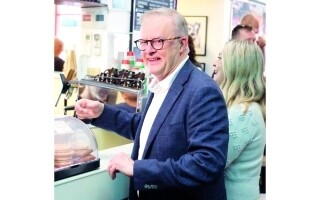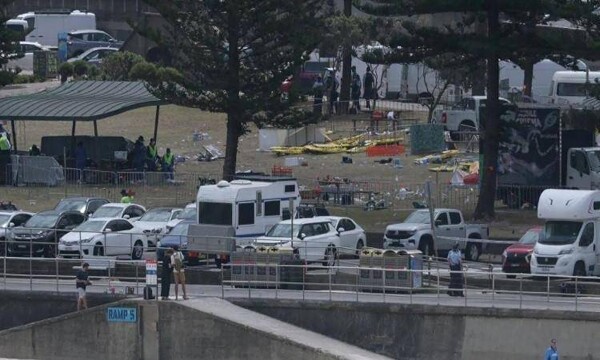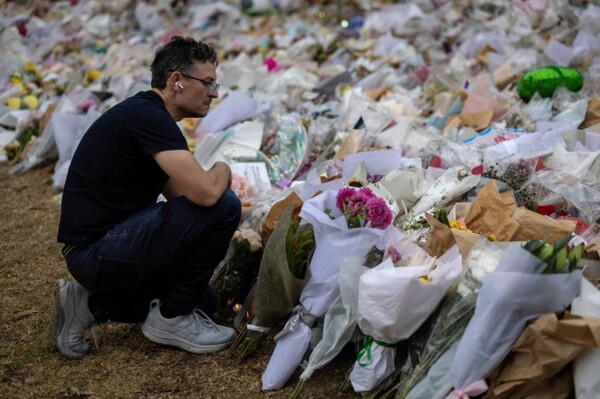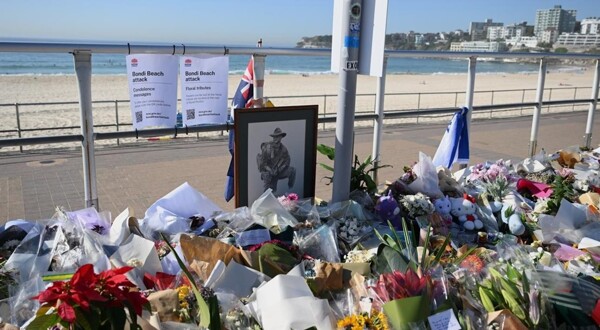
Results of the general elections in the country: the leader of the left party, Anthony Albanese, won with a significant margin. He promises to effectively reform the government for solving problems with purchasing power and American customs duties.
The next day after the victory, Albanese visited a cafe in the center of Sydney together with his partner and distributed fresh newspapers to journalists. He expressed his intention to shape organized governance: "We are gathering to create a disciplined government in our second term, and it will be good organized governance."
During the victory speech, he highlighted his late mother, who raised him in a modest apartment in Sydney, noting that she would have been proud of his achievements. He also added that serving the Australian people is a great honor for him.
Defeated candidate Peter Dutton, a former harsh police officer, suffered a serious defeat and lost his seat in Parliament. Experts suggest that although the American customs duties imposed by Donald Trump were not a major factor in the Labor Party's victory, they still contributed to it.
According to a political scientist from the University of Sydney, Henry Mayer, the changing dynamics of the electorate in recent months before the elections is a key factor. He believes that in unstable conditions, people prefer to return to stability.
After the unexpectedly large victory of Albanese, Finance Minister Josh Frydenberg acknowledged that "for now, the situation is still evolving," while at that time Albanese was discussing support for renewable energy sources, tax cuts, solutions to the housing crisis, and improvements in health care with a burning approval.
On the other hand, Dutton promised to curtail immigration, tackle crime, and end the long-term ban on nuclear energy. Even before the last votes were counted, there were hints about Dutton's political future in case of defeat.
Winning, Albanese came with a "healthy dose of secrecy," since Australians, suffering from stress, are seeking "stability in uncertain times."
Conducted in the lead-up to the elections, economic challenges are putting pressure on the choices for many Australian families, confronted with rising prices for food, electricity, and gasoline.














